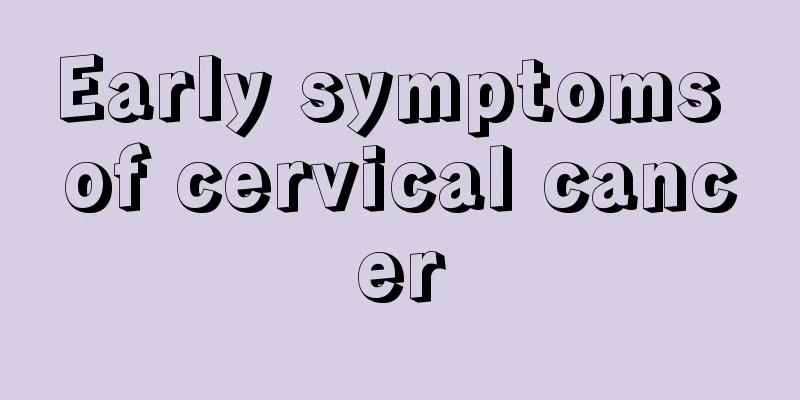How long can you live with malignant melanoma of the nose

|
The survival time of nasal malignant melanoma varies depending on the stage of the disease, the early or late treatment, and individual differences. Early detection and standardized treatment can significantly improve the survival rate, while the prognosis of patients in the late stage is relatively poor. The specific survival time needs to be analyzed in combination with the disease stage, treatment plan, and the patient's physical condition. 1. The impact of disease stage on survival time Malignant melanoma is mainly staged based on tumor size, lymph node metastasis, and distant metastasis. If patients in early stage I and II receive timely surgical resection and standardized treatment, the 5-year survival rate can reach 80%-90%. However, in the late stage III and IV, especially when distant metastasis occurs, the survival time may be shortened to 1 year to several years or even lower. Regular examinations and early detection are particularly important for prolonging survival. 2 The importance of treatment Currently, common treatments for nasal malignant melanoma include surgical resection, immunotherapy, and targeted therapy. Surgery: Early-stage patients can usually prolong their survival by completely removing the diseased tissue and blocking the spread of cancer cells. Targeted therapy: For patients with BRAF gene mutations, targeted drugs such as vemurafenib and dabrafenib can inhibit the proliferation of tumor cells and improve survival. Immunotherapy: PD-1 inhibitors such as nivolumab and pembrolizumab have been widely used in advanced malignant melanoma in recent years, which can delay disease progression and significantly improve survival rate. 3. Influence of individual differences and physical condition The patient's age, immune function, and other underlying diseases also play an important role in survival time. If the patient is younger, in good physical condition, and has a healthy immune system, the treatment effect is often better and the survival period may be longer. On the contrary, if the patient already has other serious health problems, it may affect the tolerance and effect of treatment. 4. The supporting role of psychology and lifestyle Maintaining an optimistic attitude and a healthy lifestyle are essential for the recovery and survival of cancer patients. Appropriate exercise, a balanced diet such as consuming more fruits and vegetables rich in antioxidants, and a regular schedule can help improve the effectiveness of treatment. Repeated follow-up and regular visits can effectively monitor the condition and prevent it from worsening. There is no fixed answer to the survival time of nasal malignant melanoma. Early detection and standardized treatment are the key to prolonging survival. If suspected or confirmed, a professional oncology department should be consulted as soon as possible to develop an individualized treatment plan. This is not only the basis for saving lives, but also an important guarantee for achieving a higher quality of life. |
<<: Is prostate cancer harmful to life? Can it be cured?
>>: How long can a 70-year-old live after having a kidney tumor removed
Recommend
The efficacy of Litsea cubeba oil
Litsea cubeba is a Chinese herbal medicine, but i...
Small red bumps on face
Nowadays, many female friends have various small ...
What are the benefits of washing your face with light salt water
We wash our faces every morning. Washing our face...
Why is there pain on the right side of my chest? Many situations should be taken seriously
The cause of the right chest pain depends on the ...
How to check ovulation?
Many couples cannot successfully conceive for a l...
What are the specific causes of lung cancer? What are the causes that may easily induce lung cancer?
Lung cancer has become more and more common in re...
Will I get stomach pain if I drink honey on an empty stomach?
Will I get stomach pain if I drink honey on an em...
Subcutaneous soft tissue mass
Nowadays, many people often have subcutaneous sof...
Is the recurrence rate high after unilateral resection of thyroid cancer?
Thyroid cancer is a common endocrine tumor in cli...
Can pharyngitis cause neck pain?
Pharyngitis can cause many symptoms, such as itch...
Is rabies immunoglobulin safe?
Normally, animals need to be vaccinated against r...
Can I drink honey water when I have a cough?
Coughing is something that happens to everyone, e...
What are the dangers of artificial rainfall
Artificial rainfall is a scientific technology th...
Nasopharyngeal cancer is more likely to affect people with qi deficiency
Nasopharyngeal cancer is a common and disgusting ...
What to eat in the late stage of liver cancer? Analysis of dietary precautions in the late stage of liver cancer
The mortality rate of liver cancer is very high, ...









